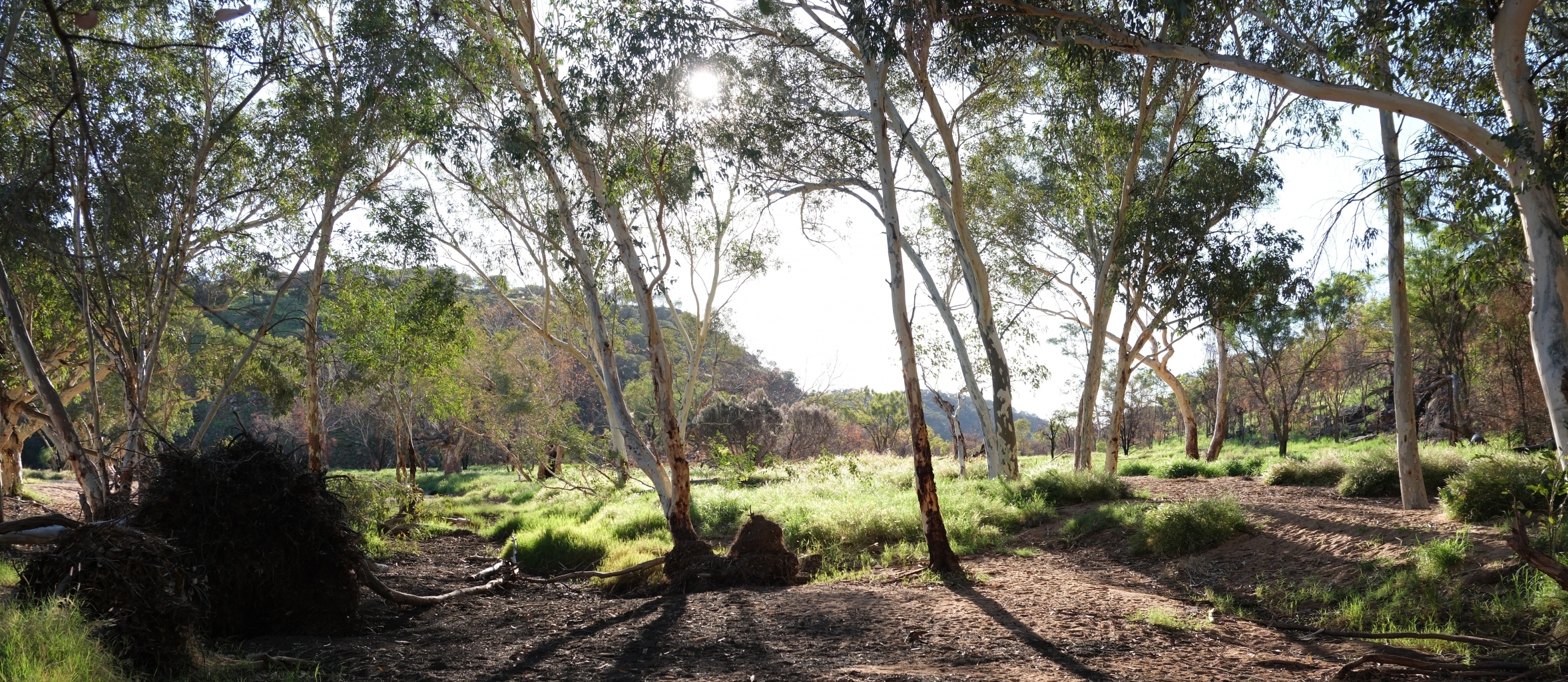DGR Registers Reform

Currently, four of the deductible gift recipient (DGR) categories are administered by Australian government departments. On 1 January 2024, the administration of these categories will transfer to the Australian Taxation Office (ATO). This will benefit these types of DGRS, including providing a reduction in reporting obligations.
DGR Administration
Under the current rules, most DGR applications are made to the ATO. However, an application under one of the following categories must be made to a different government department.
- Register of Environmental Organisations – Department of Climate Change, Energy, the Environment and Water
- Register of Cultural Organisations – Department of Infrastructure, Transport, Regional Development, Communications and the Arts.
- Register of Harm Prevention Charities – Department of Social Services
- Overseas Aid Gift Deductibility Scheme – Department of Foreign Affairs and Trade
Following changes to legislation, the administration of these DGR categories will transfer to the ATO effective 1 January 2024. Consequently, the ATO will become responsible for the administration of all DGRs. The DGR registers will no longer exist. It is expected these changes will substantially reduce the wait time for endorsement for these types of DGRs. Currently, it can take several years for a DGR application under any of these categories to be approved. It is expected the ATO will process applications in only a few months or even weeks.
Note the definitions of these four DGR categories will remain largely unchanged, although the legislation for overseas aid now focuses on the principal purpose of the organisation. The principal purpose must be “delivering development or humanitarian assistance activities (or both) in a developing country and in partnership with entities in the country, based on principles of cooperation, mutual respect and shared accountability”.
Charity Requirements
To be a DGR, the organisation must be a registered charity. Both environmental institutions and harm prevention charities must also have a policy of not acting as a mere conduit for the donation of money or property to other organisations, bodies or persons.
Gift Fund
An overseas aid fund (developing country relief fund) must still meet the public fund requirements. However, there will no longer be a requirement for environmental, cultural and harm prevent charities with DGR endorsement to maintain a public fund. Overseas aid institutions are also not required to maintain a public fund.
Instead, they are required to maintain a gift fund.
The ATO states that a gift fund has all of the following characteristics:
- it is a fund
- it is maintained and used only for the principal purpose of the fund, authority or institution
- all gifts and deductible contributions of money or property for that purpose are made to it
- any money received by the organisation, because of such gifts or deductible contributions is credited to it
- it does not receive any other money or property
- the organisation is required by a law, its constituent documents or governing rules to transfer any surplus assets of the gift fund to another gift deductible fund, authority or institution when the fund, authority or institution is wound up or the DGR endorsement is revoked, whichever occurs first.
As a registered charity, the winding up provisions must also provide that surplus assets are transferred to a registered charity with similar purposes.
The gift fund requirements are less onerous than the public fund requirements as a gift fund does not require the organisation to have a public fund committee with a majority of people who meet the ATO’s responsible person test. It also does not require a separate bank account, although it is usually administratively easier to do so.
Annual Reporting
The DGRs will no longer need to provide additional statistical information to the relevant government department. The government has decided that the Australian Charities and Not-for-profits Commission (ACNC) and the ATO obtain the necessary information through the charity’s annual reporting obligations to the ACNC.
How we can assist
Saward Dawson has extensive experience in assisting charities to obtain DGR endorsement. We also regularly undertake reviews of our client’s DGRs to ensure compliance with the legislative requirements. If you have questions regarding your DGR endorsement or are interested in applying for DGR status, please contact us.




